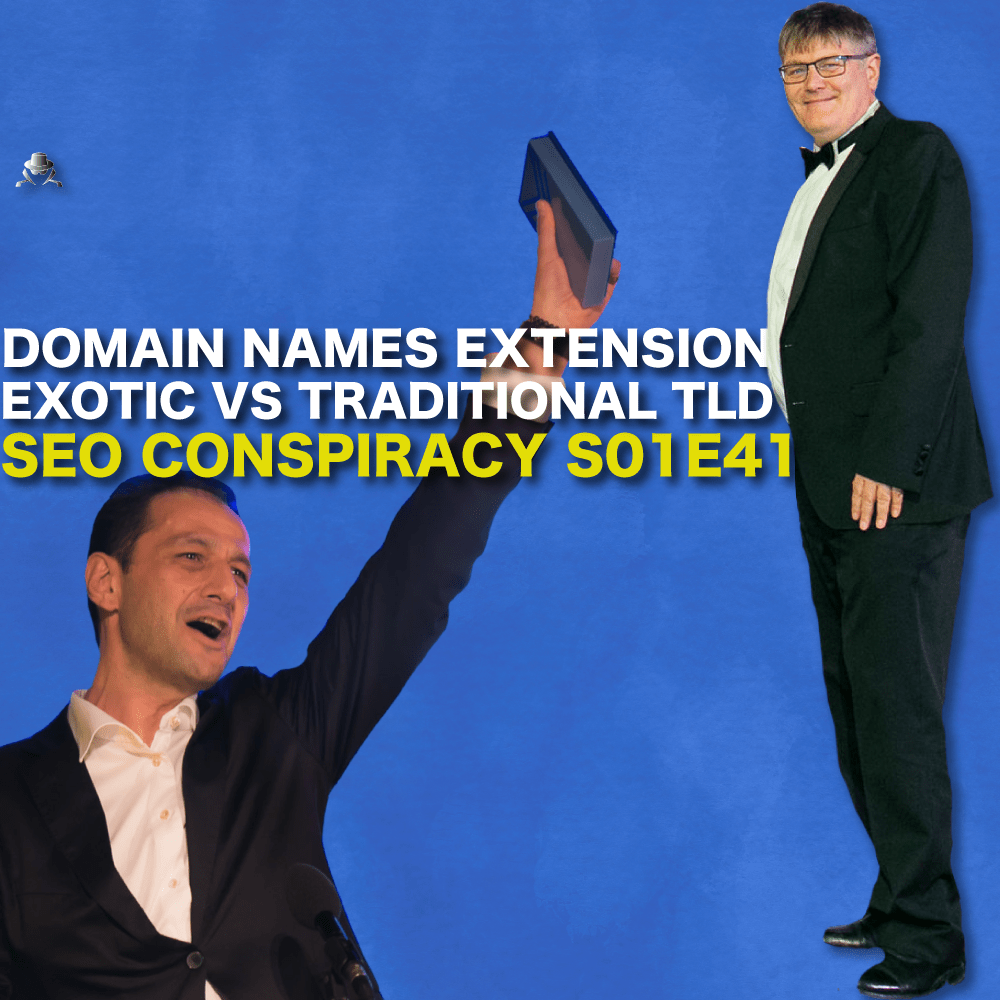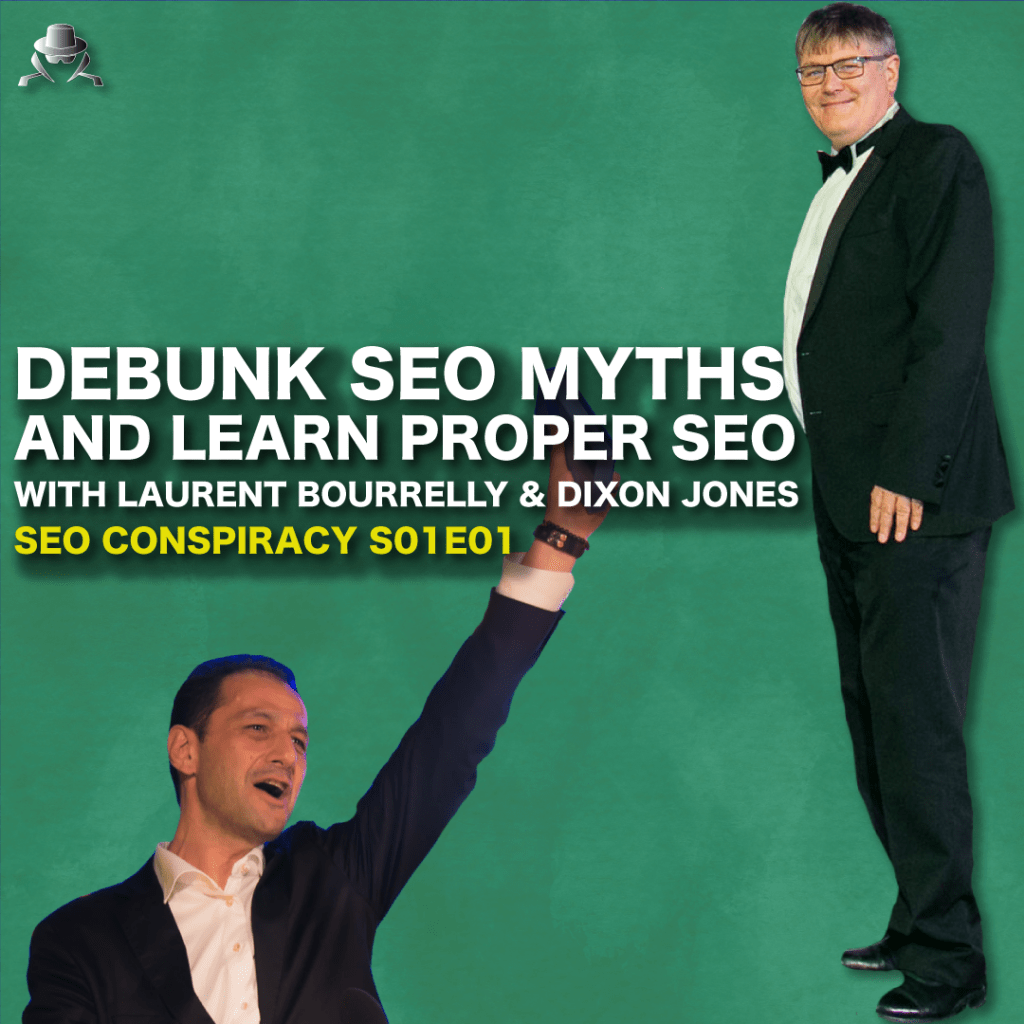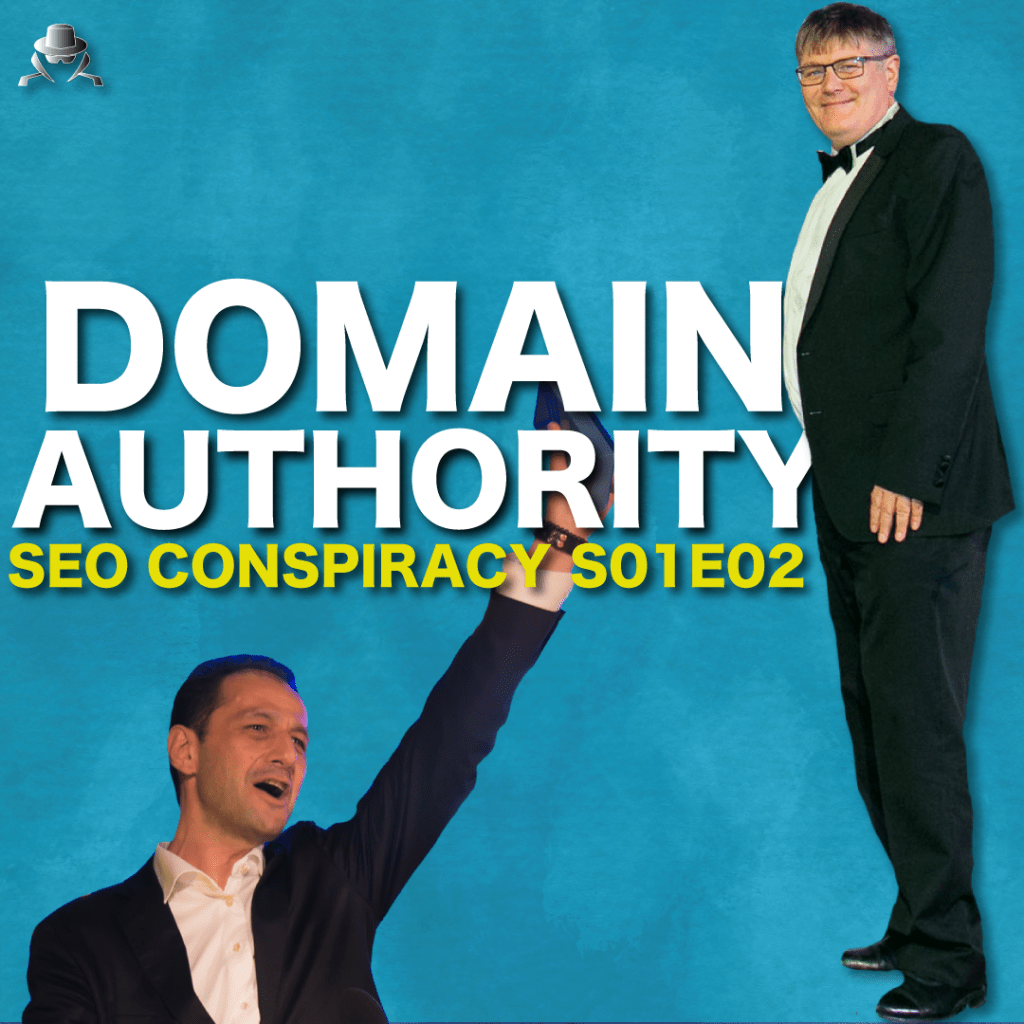TLD Google Fight for Search Engine Optimization !
I admit to being old school in my choice of domain name extension.
Besides a .com or country-specific TLD, I don’t venture much into the world of the new exotic domain name extensions.
The choice becomes illimited, but most Exact Match Domain Names are taken.
However, we don’t see them ranking high on Google. The SERP is mostly dominated by .com, country-specific and traditional domain name extensions.
What’s the deal? Is Google putting different weight on the wing, or SEO don’t know how to use an already ultra optimized Domain Name?
Let’s debunk this Google SEO myth with Dixon Jones.
Watch the video:
Does the TLD Matter for SEO?
Google claims TLDs don’t directly impact rankings. Yet, if you watch the SERPs, it’s clear that .coms and country-specific TLDs (.co.uk, .fr, etc.) dominate. Why? It often boils down to branding and history:
- Historical Advantage: Older .com domains tend to have extensive link profiles and established authority, giving them a head start.
- Geographic Relevance: Country-specific TLDs help target local markets effectively, ensuring relevance in specific search indexes (e.g., Google.fr).
From my experience, any TLD can rank, but .com holds a psychological edge. It’s still considered the gold standard for trust.
-Laurent Bourrelly
The Rise of Exotic TLDs
Exotic extensions like .ninja or .guru provide creative branding opportunities but come with challenges:
- Perception Issues: While unique, these TLDs may lack credibility with users accustomed to .com or .org.
- Brand Longevity: What’s trendy today (e.g., .guru) might feel outdated tomorrow.
Choosing an exotic TLD is fine for niche projects or event-specific campaigns, but ensure it aligns with your long-term goals.
-Dixon Jones
Exact Match Domains (EMDs): Proceed with Caution
EMDs, like keyword.ninja, can still work wonders—if handled delicately. Laurent calls them “porcelain vases”:
- Tread Lightly: Over-optimization of EMDs (e.g., aggressive keyword stuffing) will backfire.
- Build the Brand: Treat EMDs like any other domain—invest in quality content and backlinks.
A great example is DIY.com, owned by B&Q in the UK. The brand capitalizes on the keyword “DIY” while maintaining its unique identity. But as Dixon warns, “Don’t rely solely on the keyword—focus on building authority.”
Exotic vs. Traditional: Key Takeaways
- .Com Remains King: For global reach and trust, .com is unbeatable.
- Country-Specific TLDs: Perfect for localized SEO but limit global scalability.
- Exotic TLDs: Great for creative branding but may struggle with user trust and long-term relevance.
- EMD Strategy: Use sparingly and ensure you’re building a brand, not just a keyword-based site.
The Importance of Owning Your Brand
Laurent highlights a critical oversight among modern influencers and businesses: neglecting to secure their brand’s domain. Relying solely on social platforms like Instagram or TikTok leaves brands vulnerable when platforms change policies or disappear. Owning your domain ensures control and longevity.
“Your domain is your palace,” says Dixon. “Social media platforms are towers, but without a strong base, your empire can crumble.”
While exotic TLDs can be a fun experiment, .com remains the gold standard for a reason. Whether you’re choosing a TLD for branding, local SEO, or a niche project, consider the long-term implications. And above all, secure your brand’s digital foundation with a reliable domain.
Next time, we’ll delve into the dangers and best practices of rel=canonical. Stay tuned for more insights from SEOconspiracy.com!



